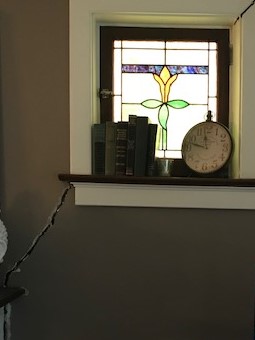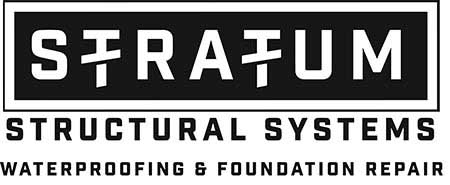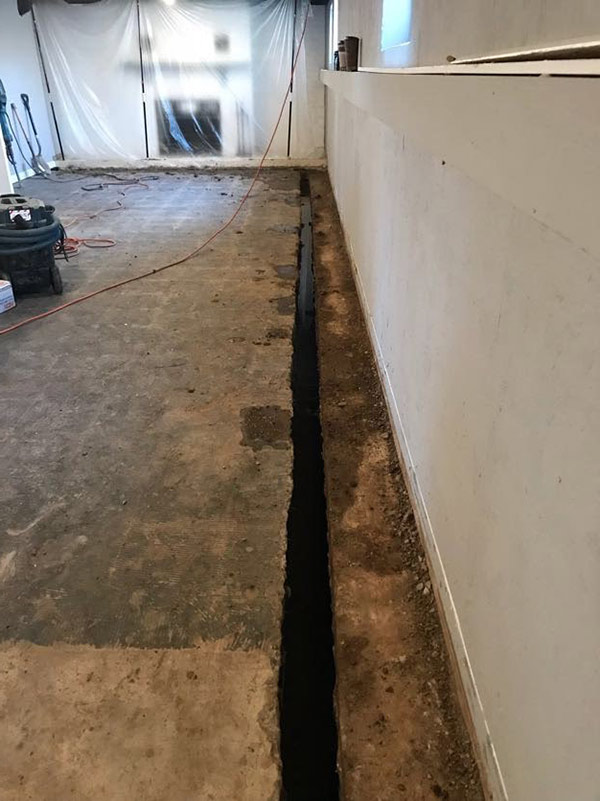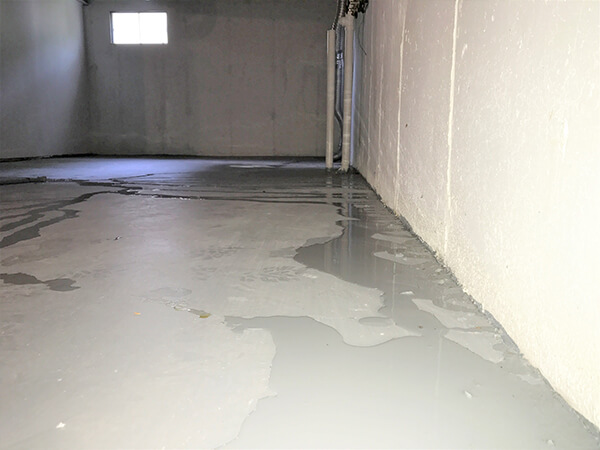Why Do I Have Cracks In My Wall?

As a homeowner in St. Louis, you take great pride in your property. However, the area’s unpredictable weather patterns and distinctive soil conditions can pose unexpected challenges. Discovering a crack in your wall can cause concern and lead to numerous questions, like “Why do I have cracks in my wall?” Grasping the underlying reasons for these cracks is vital for preserving your home’s integrity and value. Here are some typical questions that might help explain why cracks are appearing in your walls.
Why Are There Cracks In My Wall?
Wall cracks can occur for various reasons, ranging from minor foundation settling to more serious structural issues.
St. Louis is known for its expansive clay soil. This type of soil swells when it gets wet and shrinks when it dries. These fluctuations can exert pressure on your foundation, leading to cracks.
Additionally, poor drainage around your home can lead to soil erosion or oversaturation. Over time, these wet conditions can cause foundation movement and, eventually, wall cracks.
Not all cracks cause an immediate alarm. However, you should inspect your home regularly to ensure no new cracks form or current cracks worsen.
What Types of Wall Cracks Are Cause for Concern?
For the preservation of your home’s integrity, it’s essential to distinguish between wall cracks that are merely cosmetic and those that signal potential structural issues.
Hairline cracks in drywall or plaster, particularly those that run vertically or follow a drywall tape seam, are usually a result of normal house settling. These types of cracks often don’t require urgent attention. Simple patching and painting can typically resolve these minor issues.
However, some cracks require more attention and, in many cases, expert intervention. For instance, horizontal cracks found on basement or foundation walls can signal serious structural concerns. These types of cracks mean that the wall might be bowing under soil pressure.
Cracks wider than 1/4 inch suggest significant foundation movement. Another side of the foundation moving is if the cracks become unevenly wide at one end. This uneven movement suggests that one part of the foundation is sinking or shifting more than another.
Stair-step cracks in brick or block walls also raise a red flag. They often point to foundation settling or soil problems. If you notice these more troubling cracks or if existing cracks are changing, it’s essential to consult a foundation specialist in St. Louis to receive a thorough assessment for solutions.
Can Seasonal Changes Cause Wall Cracks?
Yes, seasonal changes can significantly impact your home’s structure and contribute to the formation of wall cracks. As temperatures fluctuate throughout the year, materials such as wood, drywall, and concrete expand and contract.
This natural movement can create stress within the walls. Over time, this pressure could cause the development of minor cracks, especially in areas where materials meet or change direction.
Additionally, humidity levels can affect the moisture content in the soil surrounding your foundation. Shifts in moisture can cause soil to swell or shrink. This cycle of expansion and contraction can put pressure on your walls, exacerbating existing cracks or creating new ones.
How Are Wall Cracks Related to Foundation Issues?
Wall cracks are often closely linked to foundation issues. They serve as visible indicators of underlying structural problems.
As a foundation settles or shifts, it puts stress on the walls above it. This stress can manifest in various types of cracks, each potentially signaling different foundation issues.
The pattern, location, and progression of these cracks can provide valuable information about the nature and severity of the foundation problem.
For example, vertical cracks may appear when the foundation settles unevenly. Meanwhile, horizontal cracks in basement walls can indicate significant pressure from soil expansion or poor drainage.
Furthermore, diagonal cracks often suggest that parts of the foundation are moving at different rates. That’s why it’s so important to talk to a foundation expert in St. Louis to determine the best course of action for repairing your wall cracks.
What Are Other Signs of Foundation Problems Besides Wall Cracks?
One of the most noticeable signs of foundation problems is when doors or windows fail to open or close properly. They’ll start to stick or not close all the way. This can occur when the foundation shifts, causing door frames and window sashes to become misaligned.
Sloping or uneven floors are another red flag. If you notice that your floors are not level, it may suggest that the foundation is settling unevenly, which can lead to further structural issues.
Other indicators include gaps between walls and ceilings, which can develop as the foundation shifts and the structural integrity of the home is compromised.
Can Tree Roots Cause Foundation Damage and Wall Cracks?
Yes, large trees near your home can potentially damage your foundation. As roots grow and expand, they can exert pressure on nearby structures, potentially leading to shifts in the foundation or cracks in walls.
In St. Louis, a couple of trees known for their extensive root systems that could potentially cause such issues include Silver Maple. This fast-growing tree has a shallow, spreading root system that can be problematic near structures. American Elm has a wide-spreading root system that can potentially interfere with foundations and underground utilities.
While these trees can pose challenges, it’s important to note that proper placement and regular maintenance can help mitigate potential issues. If you’re concerned about tree roots on your St. Louis property, consult with a certified arborist. They can provide valuable guidance on managing trees near structures.
What Is a Bowing Wall and How Is It Related to Wall Cracks?
A bowing wall occurs when a wall, typically in a basement or foundation, begins to curve or bend inward. This deformation is often the result of excessive pressure from the soil outside. This stress can be exacerbated by factors such as poor drainage, expansive soils, or freeze-thaw cycles.
As the wall bows, it can lead to the formation of horizontal or diagonal cracks. These types of cracks are a telltale sign of bowing walls and also indicate that the wall’s structural integrity is compromised.
Bowing walls and the associated cracking are serious concerns that shouldn’t be ignored. They can worsen over time, potentially leading to complete wall failure if left unaddressed.
As the wall bows, it creates stress points that lead to cracking. These cracks can then allow more moisture to penetrate, potentially accelerating the bowing process. It can also lead to mold growth that can damage your property and become a health risk to your family.
How Quickly Should I Address Wall Cracks?
It’s best to address wall cracks as soon as you notice them. Early intervention can prevent further deterioration.
Ignoring foundation problems can lead to more extensive damage over time, increasing repair costs and potentially decreasing your property value. Additionally, wall cracks can indicate underlying issues such as water intrusion or structural instability, which could pose safety risks for your home and family.
How to Fix Cracks In Wall In St. Louis
Wall cracks may seem like minor imperfections, but they can be indicators of more serious structural issues. If left unattended, wall cracks may lead to costly repairs or even compromise the safety of your home.
While DIY solutions might seem tempting, they often fail to address the root cause of the problem. Sometimes, taking matters into your own hands can make the issue even worse. Avoid the pitfalls of DIY foundation work by enlisting an expert in St. Louis to repair wall cracks.
Stratum Structural Systems is a trusted name in foundation repair and structural solutions in St. Louis. Our team has over 50 years of combined experience in addressing a wide range of foundation problems, including wall cracks, bowing walls, and settling foundations.
Their comprehensive approach treats the visible symptoms while identifying and resolving the underlying causes of structural issues. Whether you’re dealing with minor hairline cracks or more severe structural damage, Stratum Structural Systems has the knowledge, tools, and expertise to provide solutions that ensure the long-term stability and safety of your home.
Contact Stratum Structural Systems today to fix cracks in your walls.




